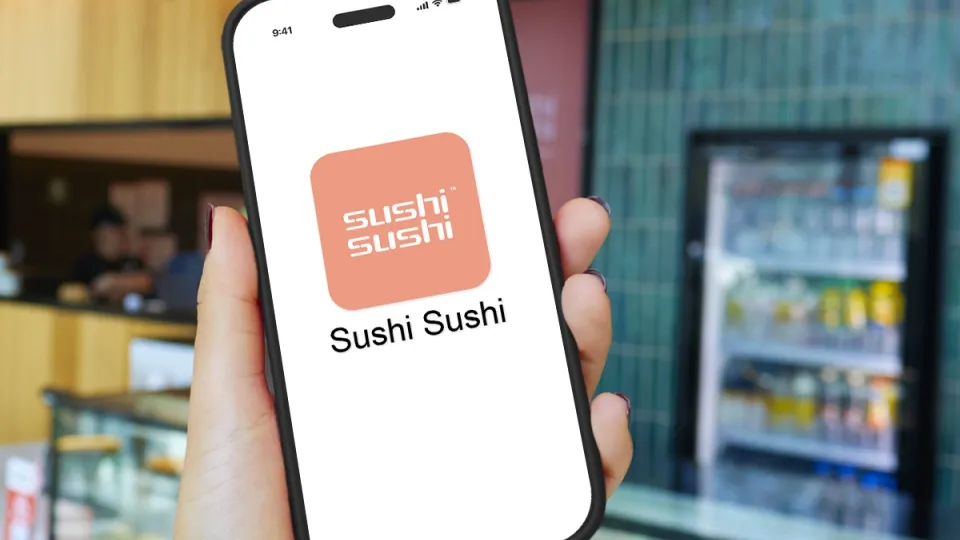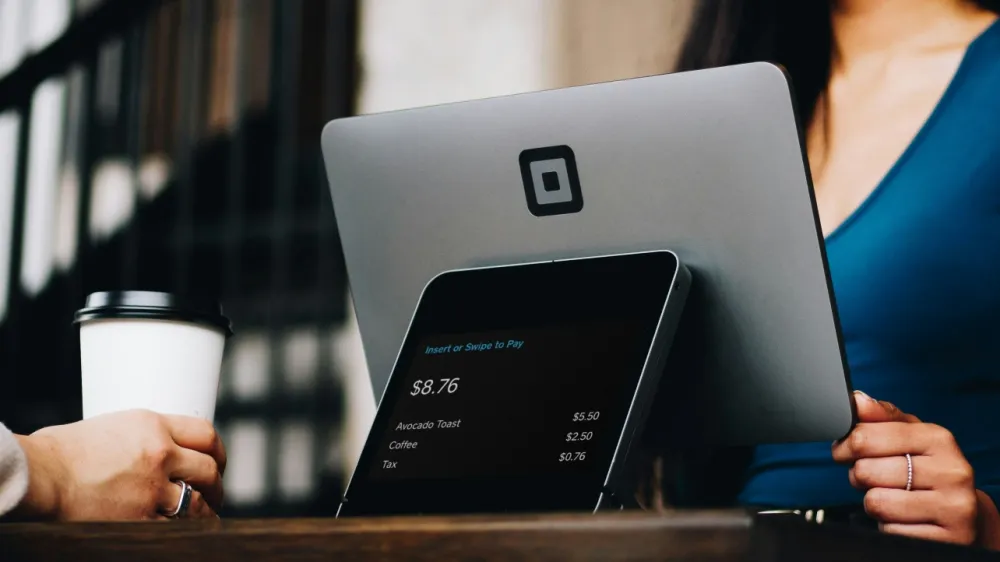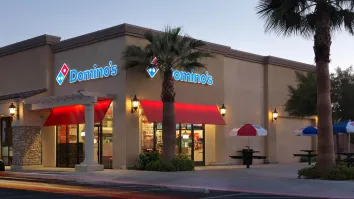QSRs cut costs by going cashless as cash transactions drop to 10 to 15%
This shift is particularly evident in the QSR sector.
The overall cost of handling cash is a burden for most QSR businesses and moving into cashless operations is their way to cut costs, especially as cash transactions now account for only 10 to 15% of total transactions.
Graham Cooke, Head of Consumer Research at Finder reveals that 90% of transactions are now taking place digitally. Whilst 87% of Australians still report using cash, this trend is declining, as businesses and consumers alike shift towards more convenient digital payments.
“If you look at market data of the number of ATM withdrawals in Australia, for example, you can see that number continuing to go down very consistently over about the last seven or eight years,” said Graham Cooke, Head of Consumer Research at Finder.
Post-pandemic, the cashless trend has only accelerated, with fewer people relying on physical cash for day-to-day transactions. “There was a bit of a recovery post-COVID but actually, if you look at the longer-term slant, it’s bounced back to where it would have been if the previous downward trend continued,” Cooke said. Currently, only 8-10% of transactions in Australia are conducted using cash, signalling a significant move towards digital payments.
This shift is particularly evident in the quick-service restaurant (QSR) sector, where businesses are increasingly going cashless. Despite concerns over card transaction fees for both retailers and consumers, the overall cost of handling cash is a much larger burden for businesses.
“Businesses can make a significant saving, which is why we’re seeing more and more catering businesses make this move,” Cooke noted.
The growing reliance on cashless payments has also influenced consumer behaviour. The pandemic triggered a shift towards online shopping, and despite high living costs in Australia, this trend shows no signs of reversing. “Convenience is king, even though expenses are pretty high,” said Cooke.
Looking ahead, Cooke believes that Australia is already in a cashless society, with the trend likely to continue. “I would argue that when 90% of transactions in the country are taking place digitally, we’re already in a cashless society,” he said. “The number of businesses that only accept cash is quite small, and the number of consumers using cash is also small,” he concluded, adding that the shift towards a fully cashless economy is not going back.
























